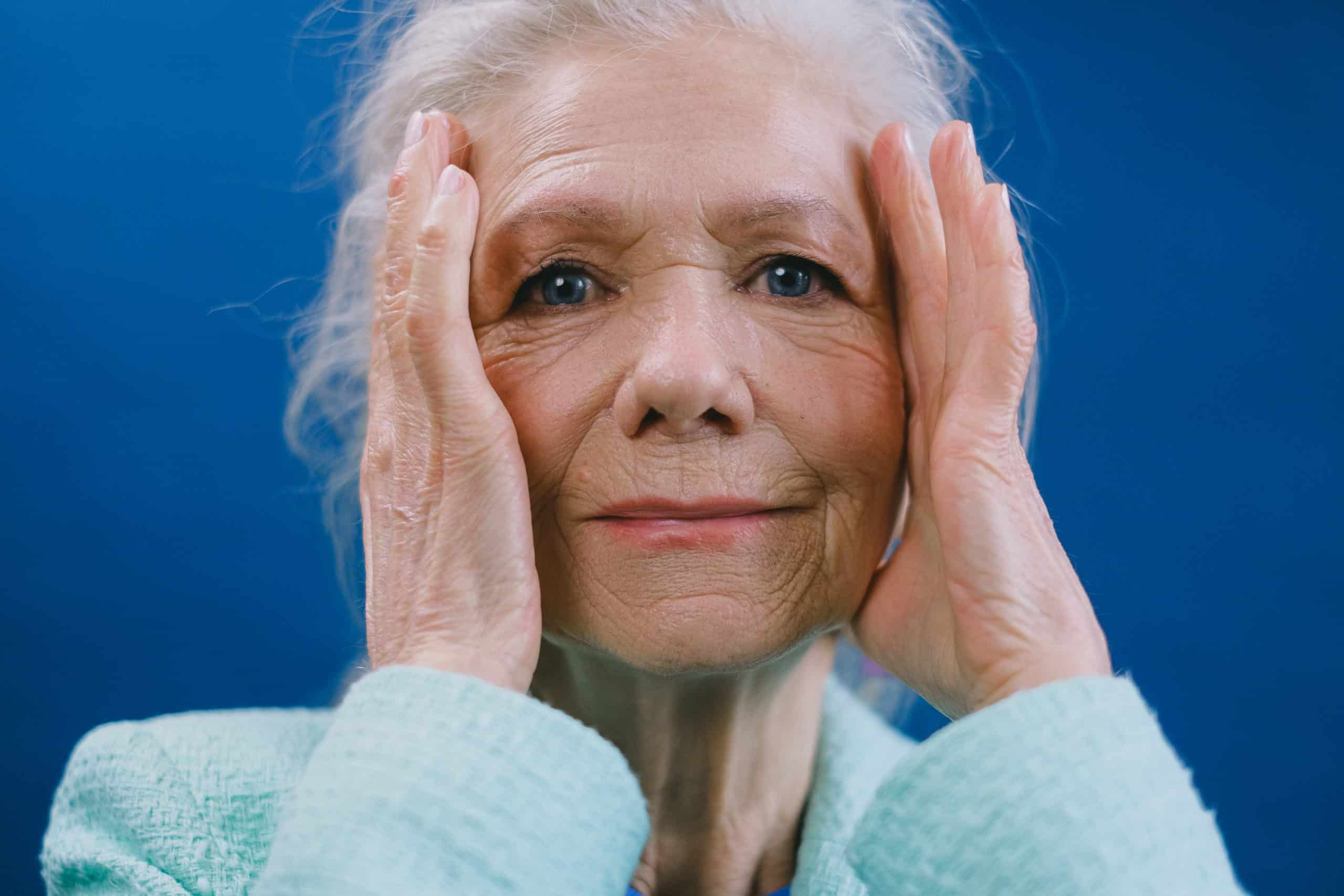Migraines Are A Common Type Of Headache, And The Symptoms Can Be Different In Your Senior Patients
Pegasus Home Health Care expert in-home nurses in Baldwin Park are proactive in providing the best possible care for their patients. They are experienced in a variety of medical conditions. Career home health care nurses understand that migraine symptoms sometimes differ in older adults.
Nearly everyone experiences a headache at one time or another. Some are minor. Others are debilitating.
Migraines Are A Common Type Of Headache
Any number of factors are responsible for headaches. The different types of headaches often have different triggers that cause them. Genetics appear to have a role in migraines, which are the second most common type of headache.
Migraines are “characterized by recurrent attacks of moderate to severe throbbing and pulsating pain.” The pain is typically on one side of the head. It’s caused by nerve activity within the blood vessels.
The pain is often accompanied by sensitivity to “light, noise, and odors.” Some individuals experience nausea or vomiting. Movement escalates the pain for others.
Dozens of factors can trigger a migraine. Common triggers include stress, poor eating habits, and sleep disorders. Medications potentially act as triggers for some individuals.
Types Of Migraines
Although seeing an aura is often associated with migraines, it’s not always a symptom. Auras only occur in what doctors call a classic migraine. Patients may experience other visual symptoms as well, sometimes temporarily losing the ability to see.
Patients with common migraines don’t experience auras, although they may have blurred vision. Common migraines occur in more people than the classic type does. Other types of migraines, which are generally rare, include:
- Abdominal
- Basilar-type
- Hemiplegic
- Menstrual
- Migraine aura without headache
- Ophthalmoplegic
- Retinal
- Status migrainous
Some of these, such as abdominal, affect children and younger individuals. They are included because not all your patients are seniors. Most migraines, however, occur in adult women due to hormonal changes.
The risk of migraines is increased in individuals who are anxious or depressed. Those with bipolar disorders and sleep disorders are also at increased risk. Epilepsy is another potential risk factor.
Migraines Have Many Triggers
Triggers can vary among individuals and can seem contradictory. For example, too much caffeine triggers a migraine in some individuals. But not enough caffeine is a trigger for others.
Lack of sleep is a trigger for some, and too much sleep gives other individuals a migraine. Skipping meals can cause a migraine, but the ingredients in specific foods are triggers for some individuals. The most common food culprits include aged cheese, chocolate, and processed meats.
Your patients may not have made a connection between headaches and potential triggers. Suggest that they keep a detailed journal of daily activities and meals, snacks, and drinks. Learning their triggers can lessen the frequency of their migraines.
Migraine Causes And Symptoms Change With Age
As individuals age, migraine symptoms may change. The sensitivity to bright light and sounds potentially decreases. Your patients may not have as much nausea and vomiting as they did when younger.
However, other symptoms increase. They may have rhinorrhea, which is persistent clear fluid running out of their nose. Others experience dry eye syndrome and watery eyes.
As well as head pain, seniors have increased neck pain from migraines. They are more likely to have migraine aura without headache-type symptoms than their younger counterparts.
The symptoms accompanying some migraines can be challenging to distinguish from a transient ischemic attack (TIA). As their in-home nurse, you’ll need to be aware of how quickly symptoms occur and how long they last. Sudden, short-lived symptoms may be a TIA rather than a migraine.
Although migraines usually affect only one side of the head, older adults may experience pain on both sides. Their skin may be pale. Their mouths might be dry, and they may feel “pins and needles” on their faces or hands.
Your patient likely has comorbidities with their headaches. Medications for those may cause or worsen migraines. These include nitroglycerin, HRT, and migraine drugs that include triptan.
In addition, many over-the-counter drugs are responsible for migraines. Patients often believe OTC products are safe and may overuse them. Culprits include NSAIDs, sleeping pills, and medicines with codeine or caffeine.
Join The Organization Recognized For Quality Throughout The Healthcare Community
Pegasus skilled in-home nurses in Thousand Oaks and our other locations strive to keep individuals living safely in their homes. They often see improvements in their patients over time. Career home health care nurses know that everyone is unique and symptoms of conditions like migraines can change over time.
Pegasus is a licensed Home Care Organization and a Joint Commission Accredited Home Health Care Organization. We value and support our professional team members. We’re hiring licensed professionals who want to work for a nurse-owned and operated company that values their skills.

